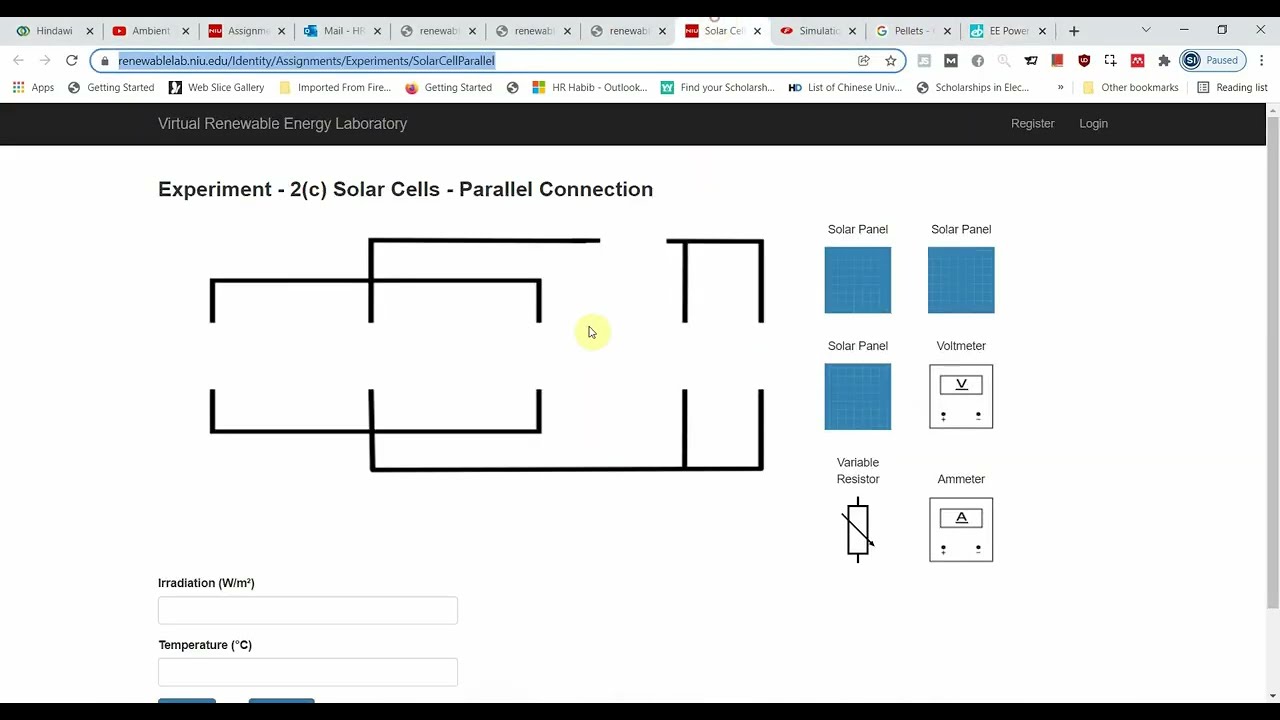
The Importance of Virtual Labs in Renewable Energy Studies
In recent years, the field of renewable energy has seen significant advancements, with a growing emphasis on sustainability and environmental impact. As more individuals and organizations seek to reduce their carbon footprint and transition to cleaner energy sources, the need for innovative tools and resources to support renewable energy studies has become increasingly important. One such tool that has gained popularity in academic and research settings is Virtual Labs for Renewable Energy Experiments.
Enhancing Learning Experience
Virtual labs offer a unique opportunity for students and researchers to engage in hands-on experiments and simulations in a digital environment. By providing a virtual platform to conduct experiments, users can explore various concepts and theories related to renewable energy without the need for expensive equipment or physical resources. This not only enhances the learning experience but also allows for greater flexibility and accessibility in conducting experiments.
Exploring Diverse Renewable Energy Sources
One of the key benefits of using virtual labs for renewable energy studies is the ability to explore a wide range of energy sources and technologies. From solar and wind power to hydroelectric and geothermal energy, virtual labs provide a comprehensive overview of different renewable energy options. This allows users to compare and contrast the efficiency and sustainability of various energy sources, helping them make informed decisions about their energy consumption and production.
The Advantages of Virtual Labs for Renewable Energy Experiments
There are several advantages to incorporating virtual labs into renewable energy studies. One of the main benefits is the cost-effectiveness of virtual experiments compared to traditional laboratory setups. By eliminating the need for physical equipment and resources, virtual labs reduce the overall cost of conducting experiments, making renewable energy studies more accessible to a wider audience.
Real-time Data Analysis
Virtual labs also offer the advantage of real-time data analysis, allowing users to monitor and analyze experiment results instantly. This immediate feedback enables students and researchers to make quick adjustments to their experiments and observe the impact of different variables on energy production and efficiency. By analyzing data in real-time, users can gain a deeper understanding of renewable energy concepts and principles.
Interactive Simulations
Another key advantage of virtual labs is the interactive nature of the simulations. Users can manipulate variables, change parameters, and observe the outcomes of their actions in real-time. This hands-on approach to learning fosters experimentation and exploration, encouraging users to think critically and creatively about renewable energy technologies. By engaging in interactive simulations, users can develop practical skills and knowledge that can be applied in real-world settings.
Utilizing Virtual Labs for Hands-on Learning
Virtual labs are an invaluable tool for hands-on learning in the field of renewable energy. By providing a virtual environment for conducting experiments, users can gain practical experience and skills that are essential for success in the renewable energy industry. Whether studying solar panel efficiency, wind turbine design, or biomass energy production, virtual labs offer a safe and accessible platform for hands-on learning.
Collaborative Learning Opportunities
Virtual labs also facilitate collaborative learning opportunities, allowing students and researchers to work together on experiments and projects in a digital space. By sharing resources, ideas, and data, users can collaborate effectively and learn from one another’s experiences. This collaborative approach to learning fosters a sense of community and encourages knowledge sharing among individuals with a shared interest in renewable energy.
Remote Access and Flexibility
One of the key advantages of virtual labs is the ability to access experiments remotely from any location. This flexibility allows users to conduct experiments at their own pace and convenience, without being restricted by time or location constraints. Whether studying at home, in a classroom, or in a research facility, users can access virtual labs and engage in hands-on learning experiences whenever and wherever they choose.
Conclusion
Virtual labs have revolutionized the way we study and explore renewable energy technologies. By providing a digital platform for hands-on experiments and simulations, virtual labs offer a cost-effective, interactive, and flexible approach to learning about renewable energy. Whether you are a student, researcher, or industry professional, incorporating virtual labs into your renewable energy studies can enhance your understanding of renewable energy concepts and principles, and prepare you for a successful career in the field of sustainable energy.

